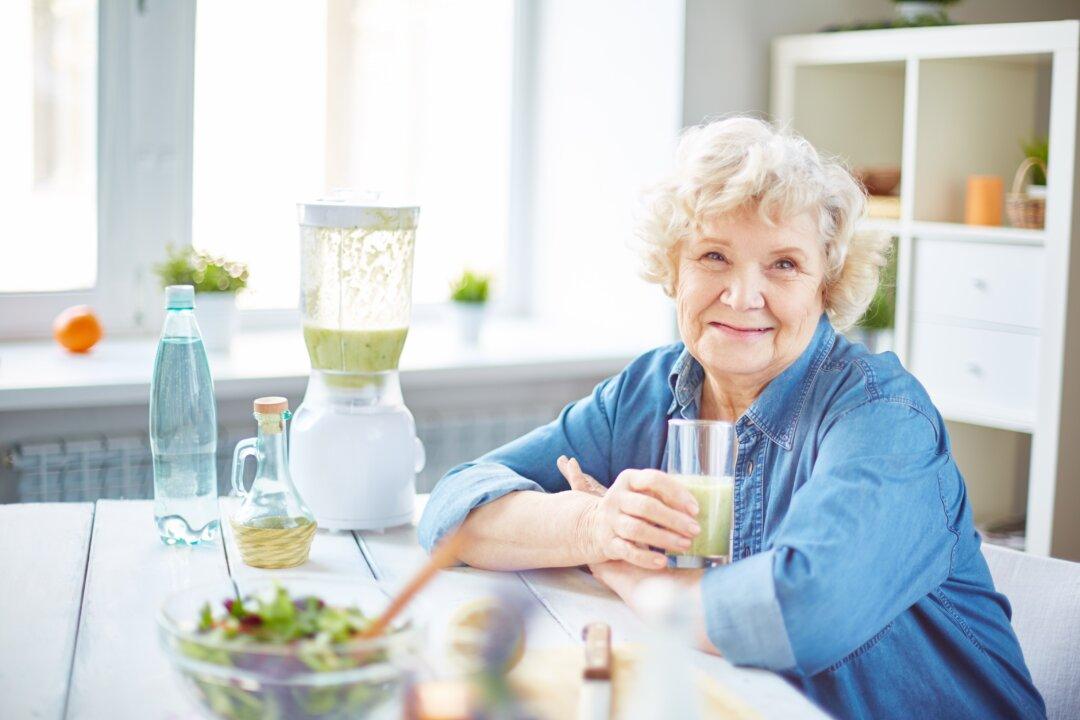Dehydration is associated with a higher risk of ill health in older people, from infections or falls to being admitted to the hospital. But an appetite for food and drink can diminish as people age, which means older people need to drink regularly, even when they’re not thirsty.
Older women who don’t have to restrict their fluid intake for medical reasons, such as heart or kidney problems, are advised to drink eight glasses a day. For older men, it’s 10 glasses.

